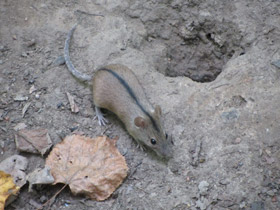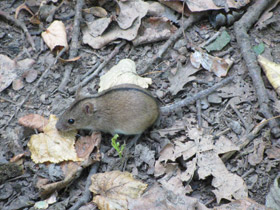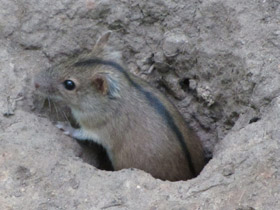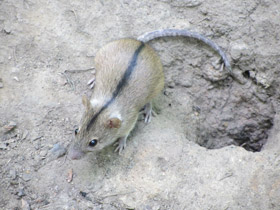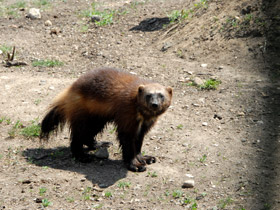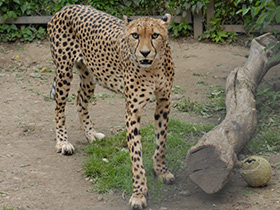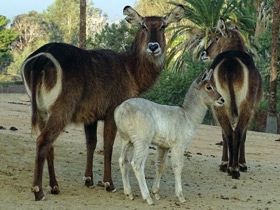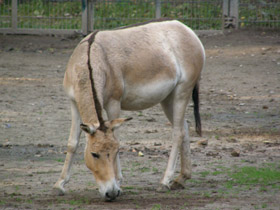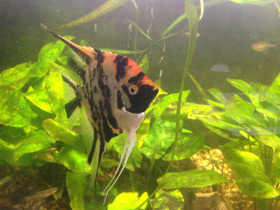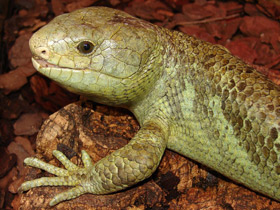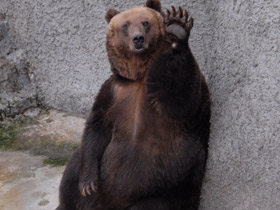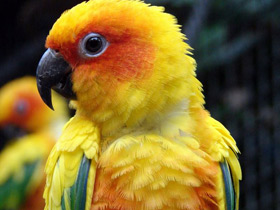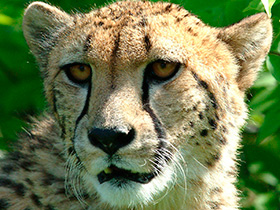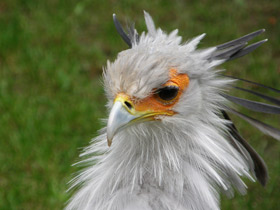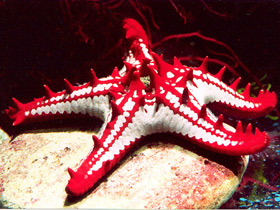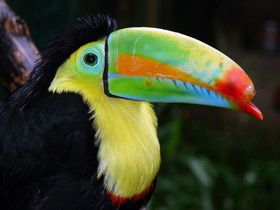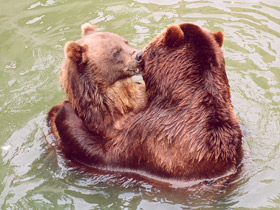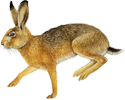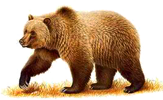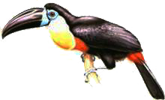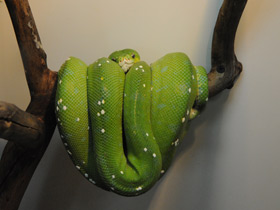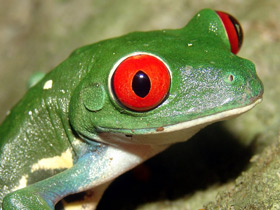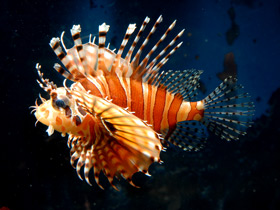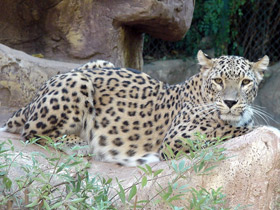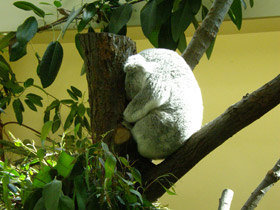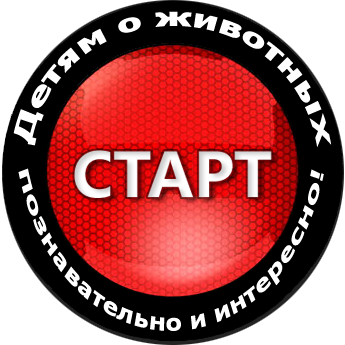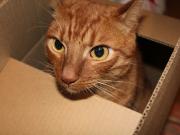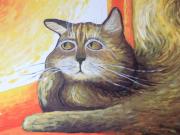The striped field mouse (Apodemus agrarius)
Distinctive features and habitat
The striped field mouse (Apodemus agrarius) is well distinguished from other species by its colouration: it has a clearly visible black stripe on its red back. Field mice live in fields, meadows, vegetable gardens and forest edges. In winter they live in straw stacks, and sometimes (especially closer to spring) penetrate into cellars of village houses.
Apodemus agrarius is distributed in Central and Eastern Europe, southern Western Siberia, China (except southern parts), Mongolia, Primorye, Korean Peninsula and Taiwan.
It feeds on both plant (seeds, berries, green parts of plants) and animal (insects) food. The composition of the diet depends on the season.
Synonyms
Accepted synonyms include Apodemus albostriatus (Bechstein, 1801), Apodemus caucasicus (Kuznetzov, 1944), Apodemus chejuensis (Johnson and Jones, 1955), Apodemus coreae (Thomas, 1908), Apodemus gloveri (Kuroda, 1939), Apodemus harti (Thomas, 1898), Apodemus henrici (Lehmann, 1970), Apodemus insulaemus (Tokuda, 1939 and 1941), Apodemus istrianus (Kryštufek, 1985), Apodemus kahmanni (Malec and Storch, 1963), Apodemus karelicus (Ehrström, 1914), Apodemus maculatus (Bechstein, 1801), Apodemus mantchuricus (Thomas, 1898), Apodemus nicolskii (Charlemagne, 1933), Apodemus nikolskii (Migouline, 1927), Apodemus ningpoensis (Swinhoe, 1870), Apodemus ognevi (Johansen, 1923), Apodemus pallescens (Johnson and Jones, 1955), Apodemus pallidior (Thomas, 1908), Apodemus pratensis (Ockskay, 1831), Apodemus rubens (Oken, 1816), Apodemus septentrionalis (Ognev, 1924), Apodemus tianschanicus (Ognev, 1940) and Apodemus volgensis (Kuznetzov, 1944).
Ecology
The striped field mouse excavates a short burrow with a nesting chamber at a shallow depth. It is nocturnal during the summer, but mainly diurnal in the winter. Its diet varies and includes green parts of plants, roots, seeds, berries, nuts, and insects. Three to five broods are born in a year with an average of six young per litter and the population can build up rapidly in a good season. Limiting factors include frequent torrential rains during a warm season, early soil freezing, and predation.
Interaction with humans
The striped field mouse is a common agricultural pest within its range, particularly in years of population outbreaks, and a natural vector of diseases commonly associated with murine rodents.

















